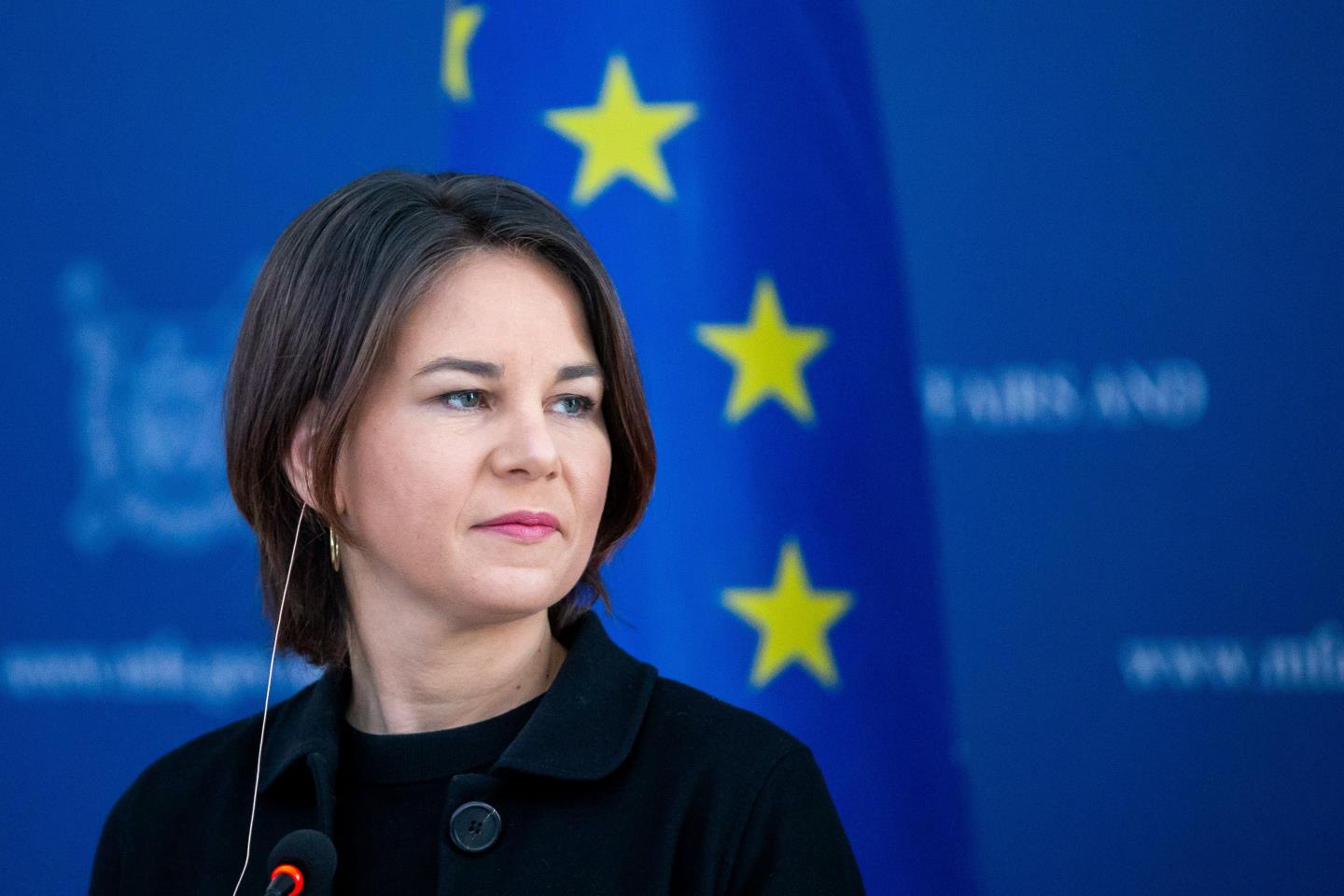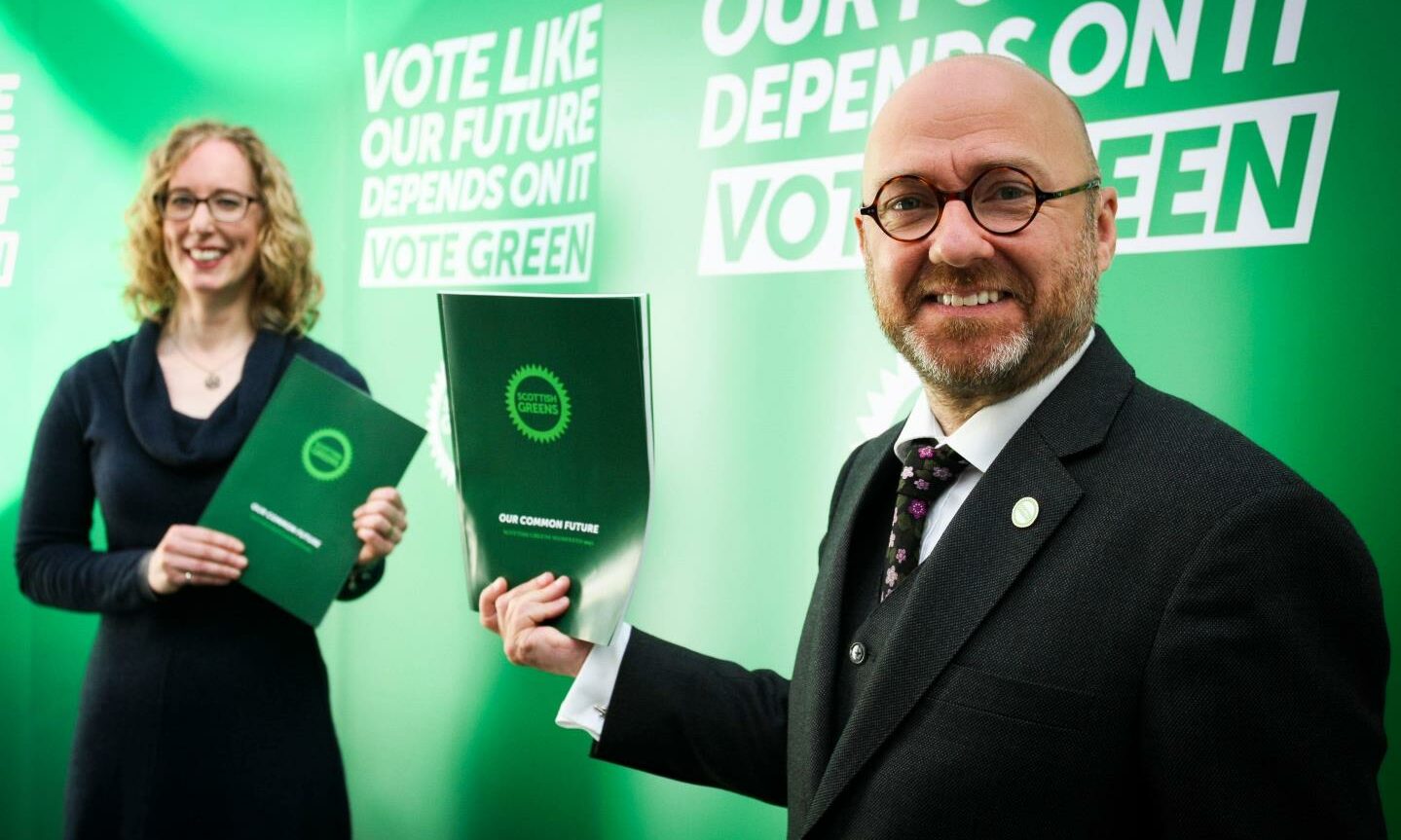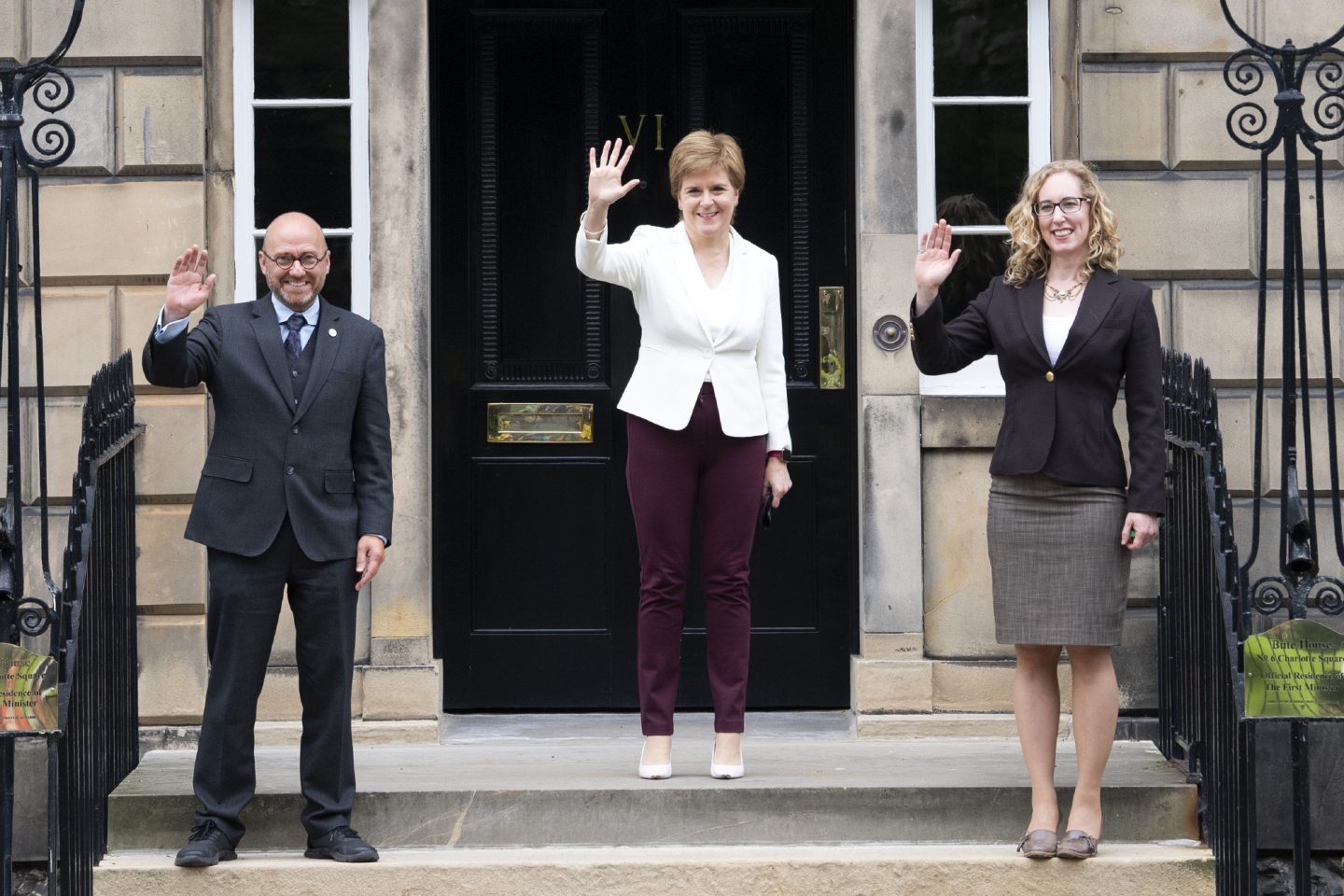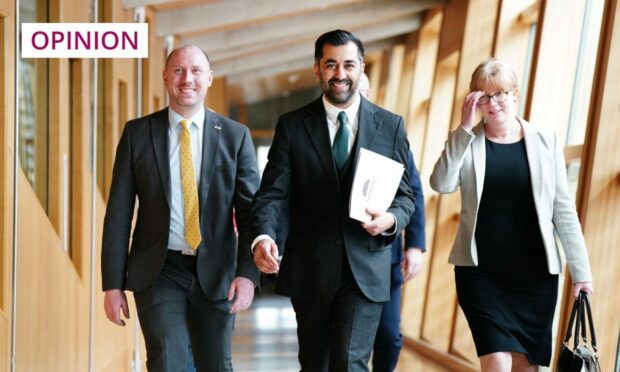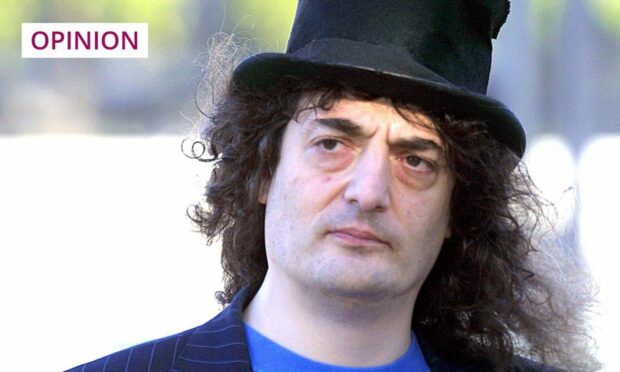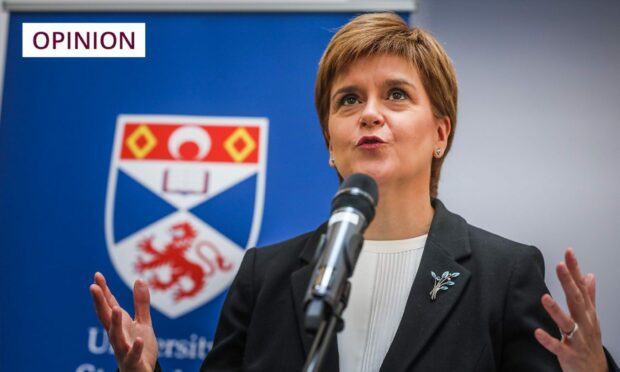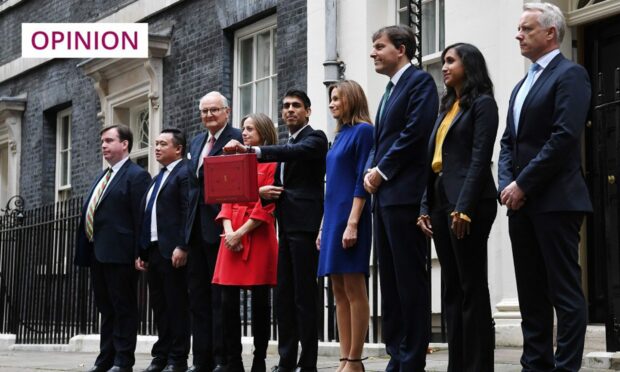Even before she became Germany’s foreign minister in this time of fundamental global crisis, Annalena Baerbock was displaying uncommon steel and farsightedness.
Last August, with Angela Merkel preparing to stand down as president, Baerbock called on her country to throw off its reliance on Russian energy, and also to toughen its stance on China. The EU should apply sanctions to the assets of individuals connected to Vladimir Putin, she said, and impose duties on state-backed Chinese imports.
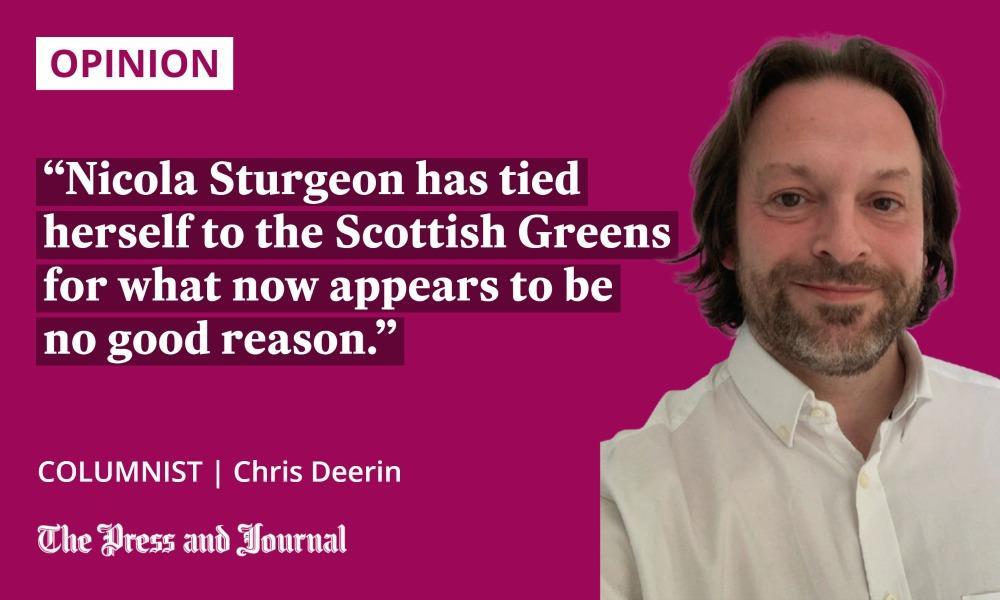
She accused Merkel and other senior politicians of being too soft on Moscow, especially in their almost unanimous support for the Nord Stream 2 gas pipeline. “Some seem to prefer to close their eyes to reality and hope that it won’t be so bad,” said Baerbock. “That usually doesn’t work when it comes to Russia.”
So we’ve learned, and the Ukraine crisis has since seen Nord Stream 2 bite the dust and stiff sanctions imposed on Putin’s allies. The notable thing beyond Baerbock’s foresight, though, is the fact that she is a Green. And it is the contrast with poor old Scotland’s lamentable version of that party that concerns me today.
Scottish Greens’ teenage humphiness continues
Last week, as International Women’s Day was marked, Baerbock gave a speech in which she said that “women often face […] blatant sexism. Women also face online harassment and hate speech to a much higher extent than men. Around the world, women face not only stigmatisation but also exclusion and abuse. One in three women worldwide has experienced physical or sexual violence by a partner or a stranger. We cannot and must not accept that.”
This would seem the appropriate focus for such a moment, but Lorna Slater, the Scottish Greens’ co-leader and a minister in Nicola Sturgeon’s coalition government, chose the same week to argue that the position taken by JK Rowling and many more Scottish women on women’s rights and the gender debate could “put trans lives at risk”.
It was only the latest incendiary and tin-eared intervention by a party that has taken the most extreme position on gender and that has repeatedly attacked those with a different opinion.
This intolerance fuels the bitterness on both sides and makes a workable solution all the harder to reach. The Scottish Greens’ move into government office has done nothing to moderate their teenage humphiness.
SNP and Greens are tied together for no good reason
Slater also took the opportunity, while world leaders were spending every waking hour dealing with Putin’s war and his threats of potential nuclear escalation, to reaffirm her party’s opposition to Nato. “The Scottish Greens have a philosophical objection to Nato on the basis it is this first-strike nuc-u-lar capability,” she told an interviewer. “Global armageddon is not worth the risk.”
All the two parties really have in common is a desire for Scottish independence, but there will be no referendum in this parliament
You may think that Nato’s careful avoidance of engaging directly with Putin in order to avoid just such a nuclear confrontation – and the fact that it is Russia that is threatening a first strike – would give her pause for thought.
She might have thought that issuing a plaintive cry for a world without “nuc-u-lar” weapons in the current climate was both a waste of breath and lacking in seriousness, especially for a government minister. She might at least have considered the context and tempered her rhetoric. But no.
Nicola Sturgeon has tied herself to the Scottish Greens for what now appears to be no good reason. All the two parties really have in common is a desire for Scottish independence, but there will be no referendum in this parliament.
Meanwhile, the economic climate is deteriorating fast, we face years of hostility and adaptation on the international stage, grave new challenges on the energy front, difficult choices in terms of taxation and state spending, and will have to rely heavily on the private sector to innovate us out of the hole. Somehow, we will have to manage it all while pursuing the path to net zero.
Green Party incapable of adapting to reality or change
Through all of this, the SNP will, by choice, be in bed with a party that is opposed to economic growth and Nato, is openly hostile to business, and that takes an unrealistic yet uncompromising approach to tackling climate change.
It has shown itself incapable of adapting to reality or change, and its hard line on oil and gas has already forced Sturgeon – foolishly, in my view – to rule out the North Sea as a potential short-term, emergency answer to the energy crisis.
Last week, the SNP’s former energy secretary Fergus Ewing said publicly what many nationalist politicians are saying privately: “I can’t say that I’m a great enthusiast for the policies of the Green Party that do seem to me to be somewhat extreme. Particularly the policy of sacrificing the people in our oil and gas industry. We should be praising and thanking them, not saying that they should get their P45s tomorrow.”
There are P45s due, right enough, but only to rid Scotland of these pestilent Greens and restore some dignity to the heart of our government.
Chris Deerin is a leading journalist and commentator who heads independent, non-party think tank, Reform Scotland

